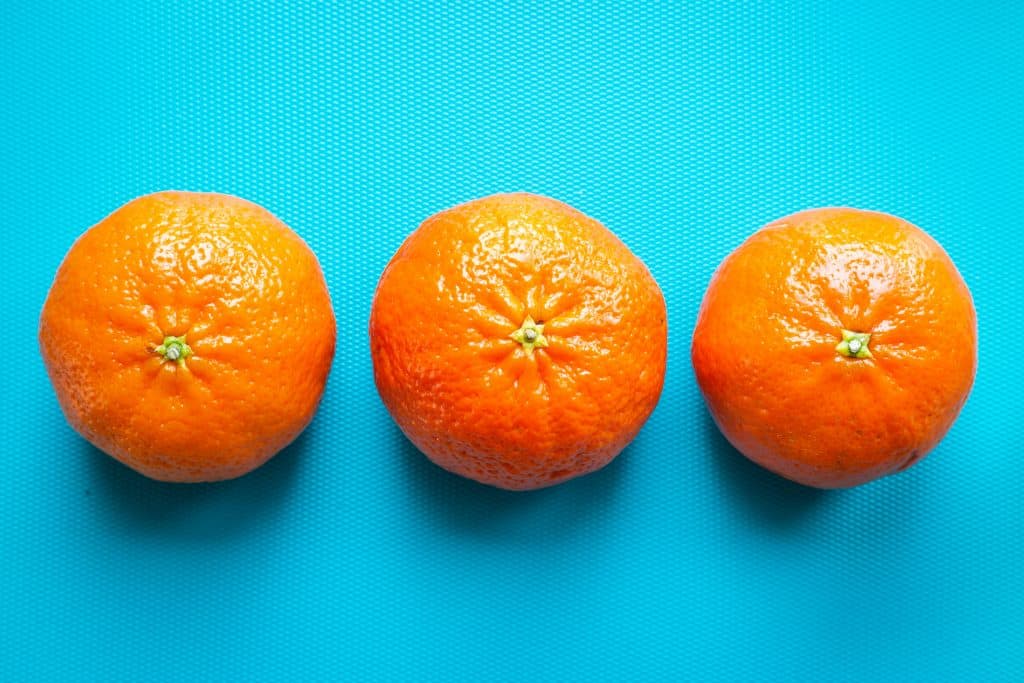
Table of Contents
Antioxidants
Antioxidants have a protective effect on body tissue and DNA in cells. They protect against the effects of free radicals that have the potential to damage tissue and cells. Free radicals are formed during metabolism. When the body is unable to sufficiently neutralize these free radicals, the state we call oxidative stress occurs. Several negative health effects are associated with increased free radicals, especially over the long term. Think of cardiovascular diseases, but also the formation of cancer cells [1]. Antioxidants are substances we ingest from food that can counteract this oxidative stress. Therefore, a balance between antioxidants and free radicals is important to prevent free radicals from taking over. For many substances claimed to act as antioxidants, this could not be proven in research. Substances whose antioxidant activity is now established include vitamin E, vitamin C, and beta-carotene. These substances also have a preventive effect against, for example, cardiovascular diseases and cancer [1-4].Antioxidants in orange juice
Citrus fruits, including oranges, are a rich source of both vitamin C and beta-carotene. However, the fact that certain substances are in food does not necessarily mean that you can (fully) utilize them. It is important for these substances to pass through digestion in a way that they end up in an available form in the blood. The ‘biological availability’ of beta-carotene was found to be disappointing in research from Wageningen University. Only a small part of the substance, also called ‘provitamin A’, is converted into vitamin A in the body. Processing oranges by freezing or heating reduces the amount of beta-carotene in them. However, the Spanish research shows that the biological availability increases to such an extent that possibly more beta-carotene ends up in its active place. Especially in the case of freezing, the end result would have the greatest effect.Frozen vs. fresh orange juice
Researchers from the University of Seville tested orange juice in five ways [5]:- Fresh
- Frozen and thawed at room temperature
- Frozen and thawed in the refrigerator
- Frozen and thawed in the microwave
- Pasteurized (heated)
“Fresh juice not always the healthiest”
What they do make clear is that fresh orange juice is not necessarily healthier than juice processed with temperature. However, this does not (yet) mean that fresh juice is unhealthy. After all, no research has been done on the biological availability of other healthy substances in orange juice, such as vitamin C and other carotenoids than those studied. Moreover, these findings still need to be tested in practice. These and earlier similar studies were conducted in vitro, in cell cultures. Now, the researchers want to test whether this translates to the amount of carotenoids absorbed in the blood of people. By the way, the research was not sponsored by Coolbest.References
- Lobo V, Patil A, Phatak A, Chandra N. Free radicals, antioxidants and functional foods: Impact on human health. Pharmacognosy Reviews. 2010;4(8):118-126. doi:10.4103/0973-7847.70902.
- Poppel GV, Golddbohm RA. Epidemiologic evidence for β – carotene and cancer prevention. Am J Clin Nutr. 1995;62:1393–5.
- Glatthaar BE, Horing DH, Moser U. The role of ascorbic acid in carcinogenesis. Adv Exp Med Biol. 1986;206:357–77.
- Sokol RJ. Vitamin E deficiency and neurologic diseses. Annu Rev Nutr. 1988;8:351–73.
- en) K.H. van Het Hof, C.E. West, J.A. Weststrate, et al.(2000) – Dietary factors that affect the bioavailability of carotenoids, J Nutr, jrg.130 (nr.3): pp. 503-506
- Paula Mapelli-Brahm, Carla M. Stinco, María J. Rodrigo, Lorenzo Zacarías, Antonio J. Meléndez-Martínez. Impact of thermal treatments on the bioaccessibility of phytoene and phytofluene in relation to changes in the microstructure and size of orange juice particles. Journal of Functional Foods, 2018; 46: 38

